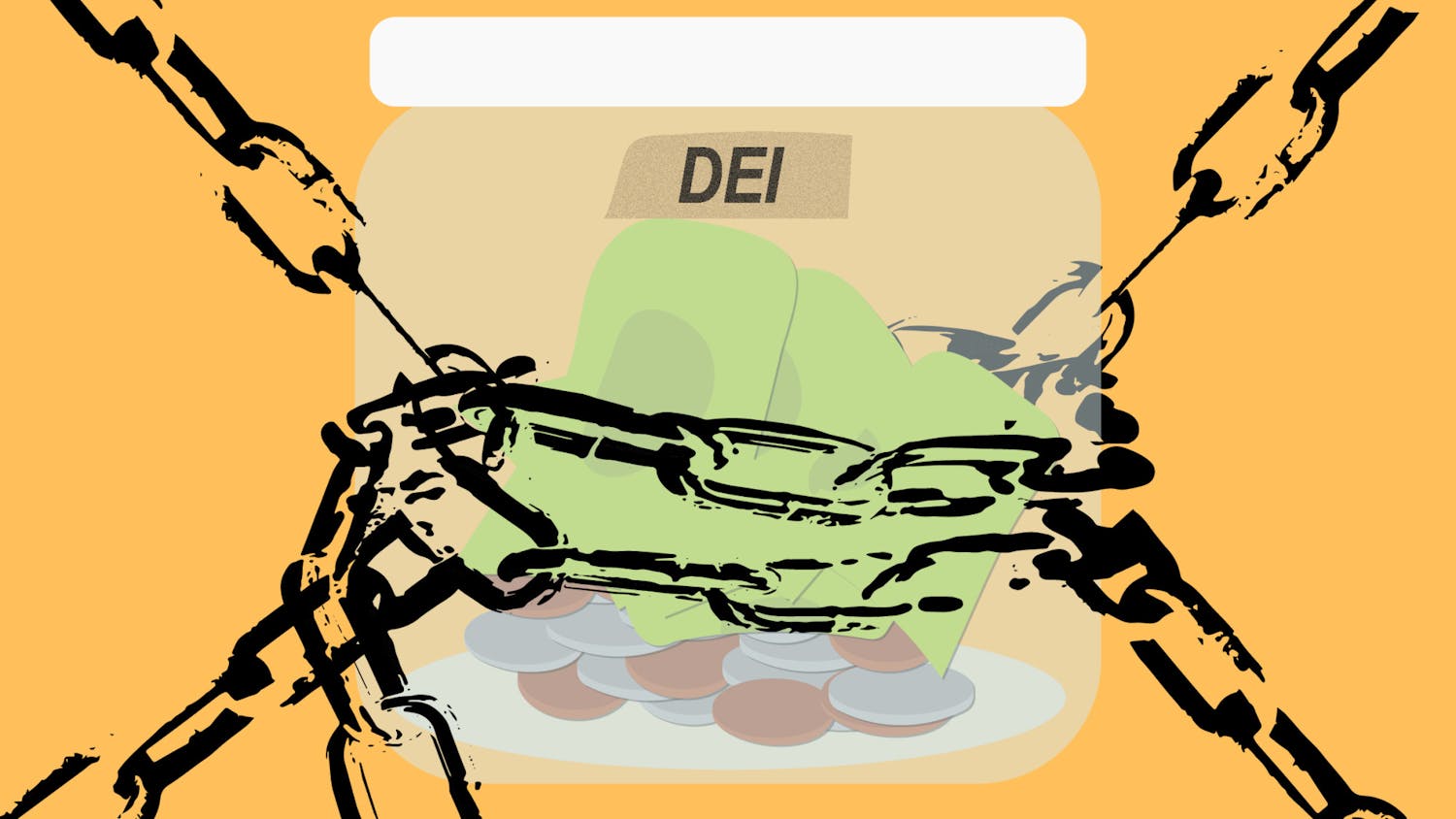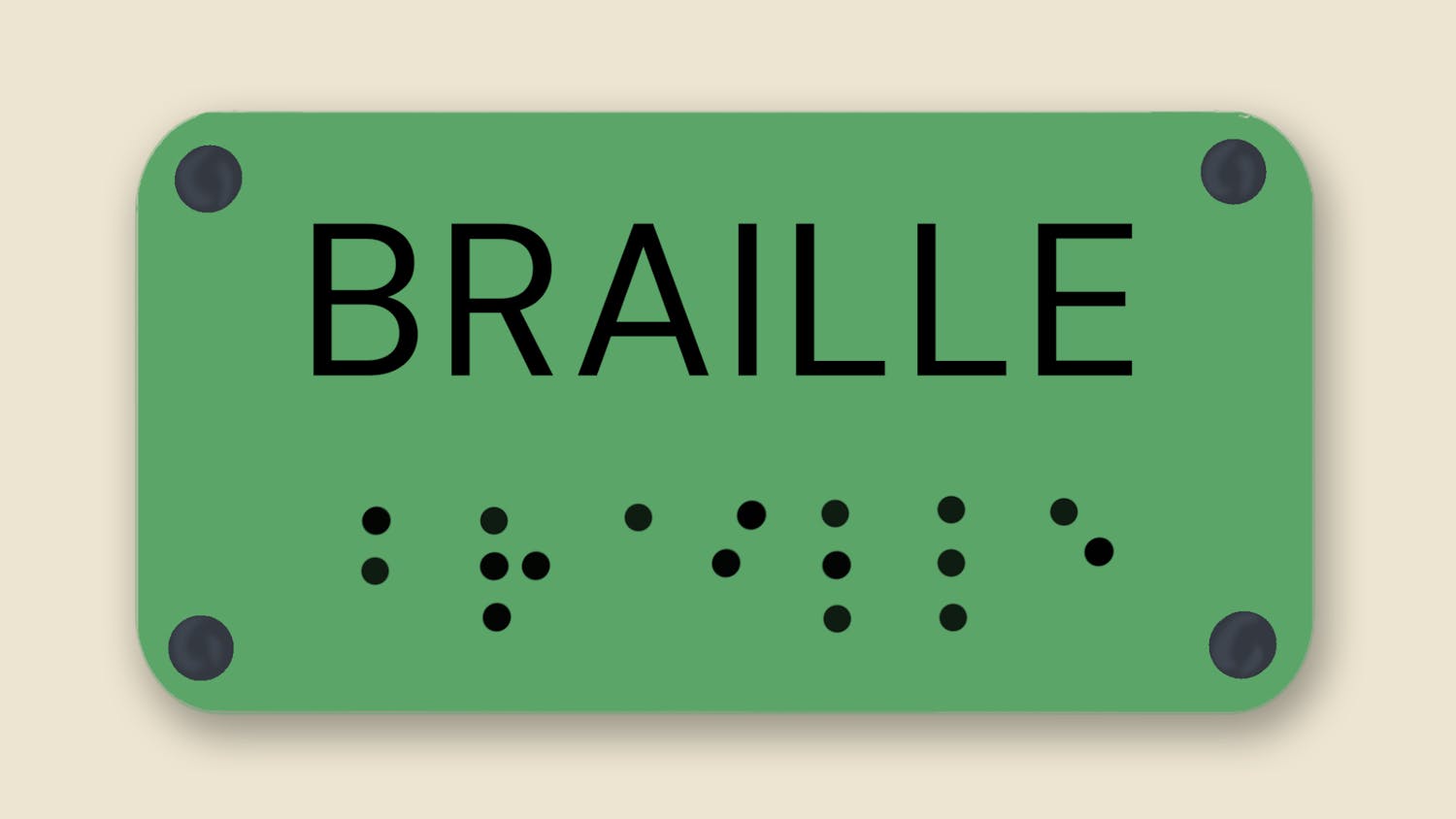Everyone is a different person with different needs. Diversity and inclusion are important. In journalism, there are so many stories to tell. But often, some voices go unheard.
The same can be true in environments. On campus, the Disability Resource Center and the new chief diversity officer work to find voices. However, in a campus so large and a world so filled, there can’t be accommodations made for every single person.
Many people disparage the need for diversity and inclusion efforts. However, they are essential.
In this world, understanding and having a voice are human desires. Abraham Maslow’s hierarchy of needs theory posits that safety and love and belonging are essential to self-actualization, which is why it’s important to have an accessible and inclusive campus.
I believe the learning and working environment of a university makes inclusion even more important.
However, inclusion isn’t one size fits all. Furthermore, diversity can be met in the sense that there are many types of people. Inclusion is more of the step that ensures people get the guidance they need to be integrated fully into campus and classroom life and know the steps and resources they need to take on university life.
There are all kind of students: first generation, minorities, military veterans, people with varying disabilities, parents and more. Having more perspectives makes us more understanding of the world around us. A variety of voices leads to a variety of ideas and ways to implement change. With more ideas, there’s more productivity. By excluding voices consciously or unconsciously, societal problems and relationships can suffer.
Especially in media, diversity is essential to be able to cover diverse topics needed in mainstream news coverage. If a space doesn’t reflect the makeup of the area at large, things go unnoticed and unaddressed. Keeping things the same leaves things the same.
Again, inclusion shouldn’t just be for the sake of following more overt efforts and campaigns of and for diversity and inclusion. It isn’t just about productivity or money. It’s about morals. Because the environment in which we learn and work at UF is the base of learning for the next generation of leaders, I think colleges are key spaces to advance topics like inclusion so that important issues can be solved for the future by the next candidates hitting the job market. If the same voices remain at the top, the same keeps happening despite changing societal and campus composition.
As a journalism major especially, I understand that who works in newsrooms often affects what stories are told. With this, media is especially influential in shaping society and what topics are addressed or heard. People can seek diverse learning or news thanks to the internet, but they often choose not to or don’t have access. Plus, people cannot seek stories if they are not there.
Diversity and inclusion aren’t just black and white or there and not there. They are fluid and constantly in need of evaluation.
What’s true one year can change the next. On a basic level, I think knowledge is key. By learning from each other and hearing different perspectives, we can be more empathetic. It’s not just about better ideas and better productivity. To me, it’s understanding each other to help everyone meet their needs.
Sophie Feinberg is a UF journalism junior. Her column comes out Tuesday and Thursday.





